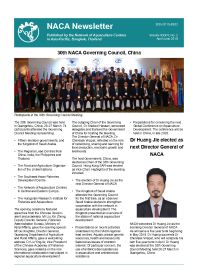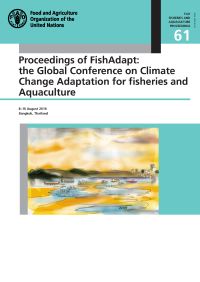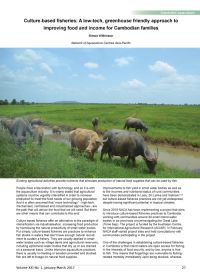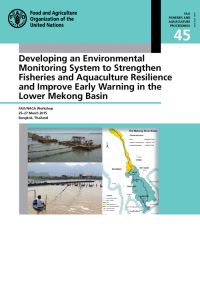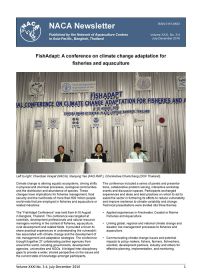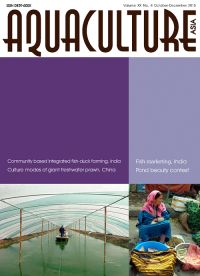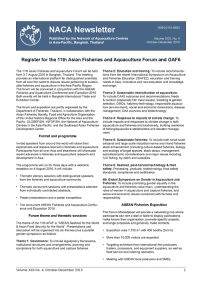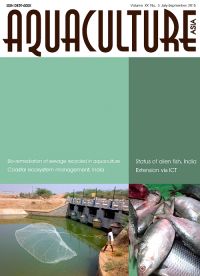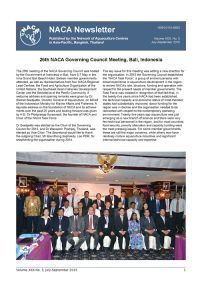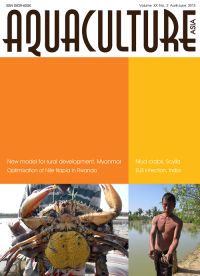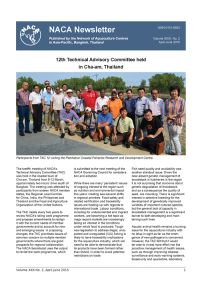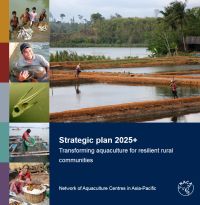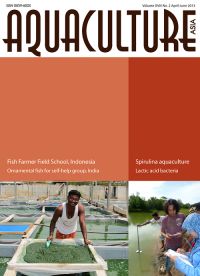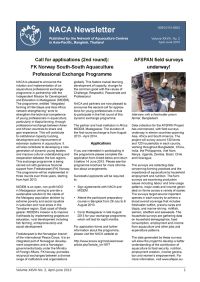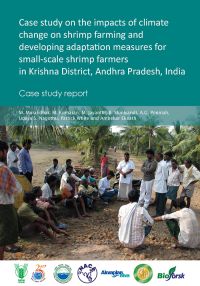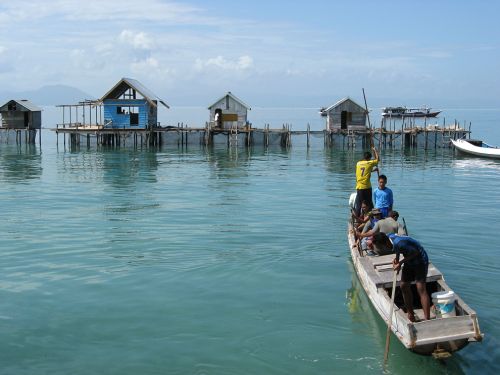
The Emerging Global Issues Programme provides policy guidance on key strategic and emerging issues such as climate policy, energy efficiency and alternatives to use of fish meal in aquaculture feeds.
The programme endeavours to bring to public domain the positive aspects of aquaculture as a significant contributor to food security and the livelihoods of rural communities, and actively promotes south-south cooperation.
Key activities
- Development of projects and policy guidance on emerging issues of regional interest.
- Contribute to the global dialogue on use of fish meal and oil in animal feeds and resource usage in the reduction industry.
- Providing a regional platform for members to develop common policies and strategies to address emerging global issues.
- Facilitating the development of an environmental monitoring system to strengthen fisheries and aquaculture resilience and to improve early warning in the lower Mekong Delta.
- Evaluating the vulnerabilities of aquaculture systems to climate change.
- Strengthening adaptive capacities of small-scale resource-poor farmers to the impacts of climate change.
- Adaptive learning and management in community fish pond and school fish pond projects.
- Playing a catalytic role in south-south cooperation in aquaculture development.
- Communication of success stories in aquaculture.
Creative Commons Attribution.
